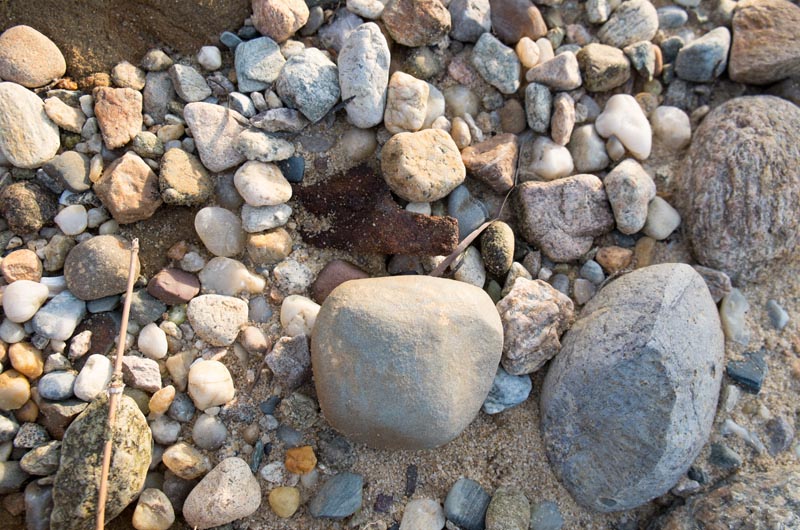A large project to remove World War II-era munitions from Cape Pogue is scheduled to resume this month, with additional work required because of the large quantity of practice bombs found in the area.
Last spring the Army Corps of Engineers began a large project to remove munitions and munitions debris from 234 acres of land at Cape Pogue and the waters of Cape Pogue Bay around Little Neck. Removal took place from March to December as part of the $8.1 million project. A $9.8 million project to remove munitions from the Tisbury Great Pond area is scheduled to start this spring.

Cape Pogue and areas of the south shore by Tisbury Great Pond and South Beach, was used by the U.S. Navy during World War II as strafing and bombing target practice. A public information campaign is slated for South Beach, while the Army Corps said munitions removal was required at other areas for public safety.
The Army Corps said in a press release this week that additional work is required because of the number of practice bombs found on land and in the sea, with the initial boundary for removing munitions expanded 300 feet further outward into the water of Cape Pogue Bay, and the land site expanded to the Atlantic Ocean beach.
“Additional work is also required in the highest density area of munitions, which was the location of the former Cape Pogue Little Neck target area on the western land point at Little Neck,” the press release said.
GSI Pacific has been contracted to do the work. From March to December 2016, bombs technicians found 83 MK23 practice bombs at Cape Pogue with intact spotting charges, the Army Corps said. A spotting charge has live explosive material that can be a hazard if handled improperly.
On land, the project unearthed 1,047 practice bombs that posed an explosive hazard and 12,908 bomb pieces with no explosive hazard. Underwater in Cape Pogue Bay, technicians found 1,707 practice bombs and 126 bomb pieces with no explosive hazard. More than 21,500 anomalies were dug up for investigation, the Army Corps said.
Work is scheduled to begin again in late March or early April, about the same time munitions removal is set to begin at Long Point Wildlife Refuge and underwater areas of Long Cove Pond and Tisbury Great Pond. Upland and inland water work will start in April, the Army Corps said, and work on the dunes will take place from September to December.







Comments (2)
Comments
Comment policy »